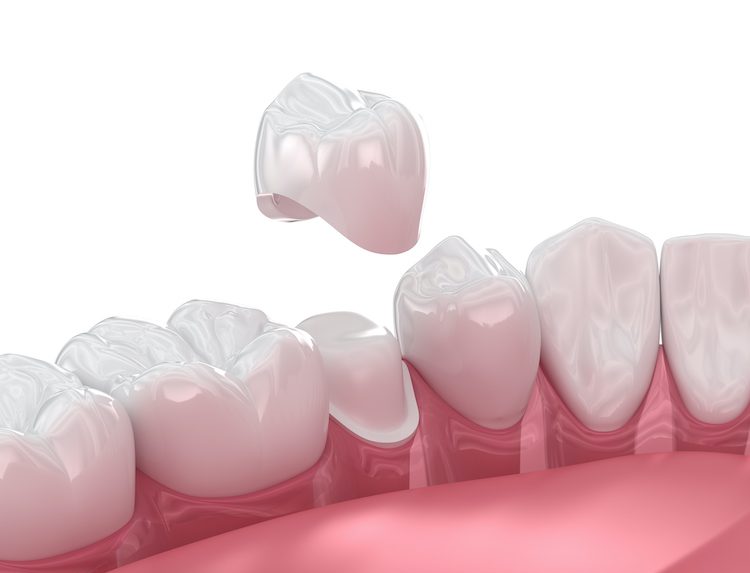Dental health is often a silent partner in overall well-being. From toothaches to chipped enamel, our teeth have ways of signaling when something isn’t quite right. One common solution dentists recommend for many dental issues is a dental crown. Understanding the signs of damage or decay can help you make informed decisions and seek timely care before problems worsen.
Persistent Tooth Pain
Ongoing tooth pain that doesn’t seem to go away is often the first sign that something deeper is happening below the surface. While not all toothaches require a crown, pain that originates from decay or damage to the tooth’s structure can indicate the need for additional protection. If the pain intensifies when chewing or when consuming hot or cold foods, this may suggest that the enamel has worn down significantly or that the tooth has a crack. Both of these issues may benefit from a crown to restore function and comfort.
Severe Tooth Decay
Small cavities can usually be treated with simple fillings. But when decay becomes extensive, the structural integrity of the tooth can be compromised. A large filling may not provide enough support, and that’s when a crown becomes a better option. Crowns encase the entire tooth, offering strength and protection, particularly when there’s not enough healthy tooth structure remaining to hold a filling securely.
Cracked or Broken Teeth
A visibly cracked or broken tooth is one of the more obvious signs that a crown might be necessary. Even if the damage isn’t painful, it can weaken the tooth and leave it vulnerable to further breakage or infection. A crown helps hold the pieces of a cracked tooth together. It shields the tooth from additional stress. This is especially important for molars, which endure the bulk of chewing forces.
Worn-Down Teeth
Teeth that are worn down from years of grinding (bruxism) or acidic erosion are often candidates for crowns. Over time, this wear can change the shape and length of the teeth, affect your bite, and lead to sensitivity or pain. A dental crown could restore the natural appearance and functionality of the tooth. This may improve not just aesthetics but also the mechanics of your bite.
Root Canal Treatment
If you’ve recently had a root canal, your dentist may recommend placing a crown on the treated tooth. After a root canal, the tooth can become brittle because the procedure removes the living tissue inside. A crown helps prevent future fractures and adds a protective barrier, better ensuring the longevity of the tooth.
Misshapen or Discolored Teeth
In some cases, a crown is chosen for cosmetic reasons. Teeth that are misshapen, uneven, or severely discolored and resistant to whitening treatments may benefit from a crown. While veneers are also an option for some cosmetic improvements, crowns could provide both aesthetic and structural benefits, particularly when a tooth also has underlying damage or weakness.
Difficulty Chewing or Changes in Bite
If you’ve noticed difficulty chewing or a shift in how your teeth align when you close your mouth, there might be underlying damage to one or more teeth. These functional changes can be subtle, but they often signal problems with tooth structure or alignment that a crown could help address. By restoring the tooth’s proper shape and height, a crown may help reestablish a balanced bite.
Dental Crowns in Payette, ID
At Payette Dental, we are committed to improving and preserving your oral health. Whether you’re dealing with decay, trauma, or wear and tear, a dental crown could restore strength, function, and appearance to compromised teeth. If you’re experiencing any of these signs, don’t hesitate to reach out. Early intervention could not only preserve your natural tooth longer but can also save you from more invasive procedures down the road. Contact us today to schedule your consultation and see if a crown is right for you.

